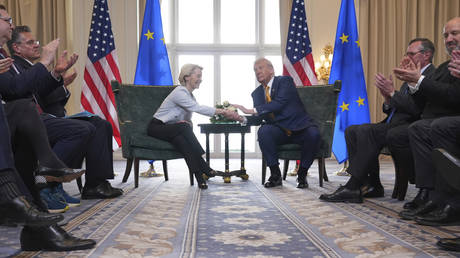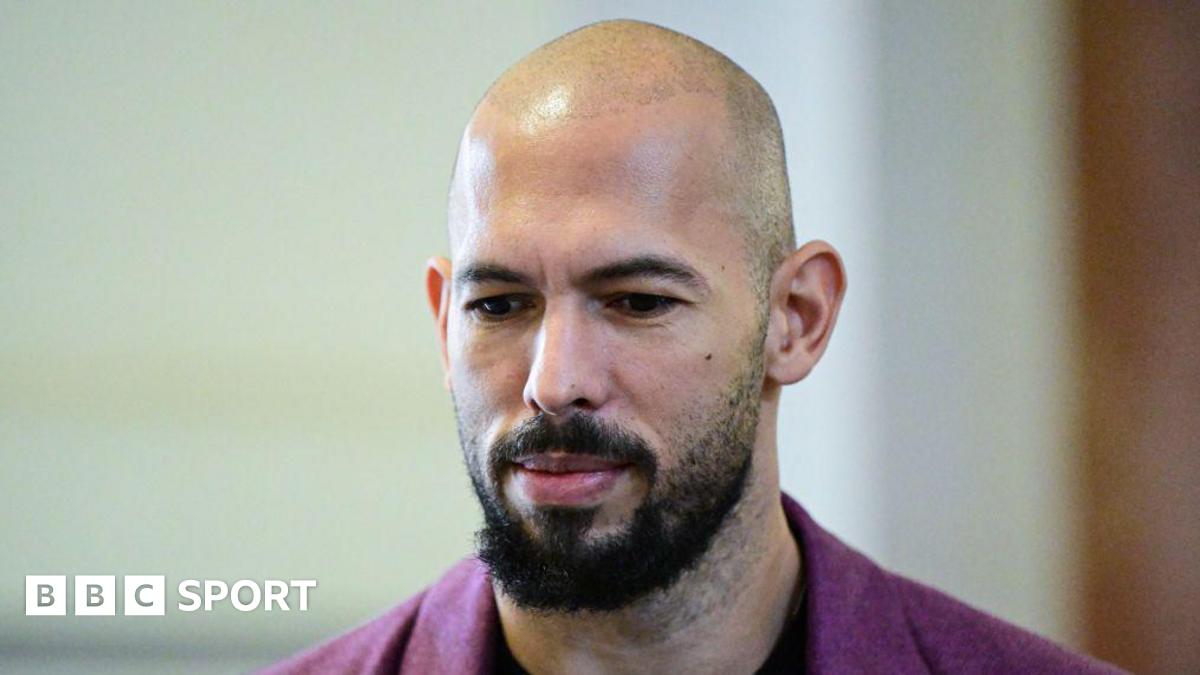Hiring the Best Executive Team for Your Business: A Comprehensive Guide
Key Takeaways

- Assemble the Right Team: Hiring a well-rounded executive team is crucial for shaping company culture and driving strategic direction, influencing overall business success.
- Diversity Matters: Leaders with diverse experiences and perspectives foster innovation and creative problem-solving, which are essential in today’s evolving market.
- Recruitment Strategy: Implement effective recruitment strategies, including precise job descriptions and thorough candidate screening, to attract executive talent that aligns with your company values.
- Structured Onboarding: A strategic onboarding process enhances new executives’ integration, setting clear expectations and promoting collaboration, leading to better performance.
- Employer Branding: Building a strong employer brand not only attracts top talent but also increases employee retention by showcasing company culture and commitment to employee well-being.
- Continuous Feedback: Regular performance reviews and recognition of achievements boost motivation and ensure alignment between executive contributions and business goals.
Building a successful business starts with assembling the right executive team. The leaders you choose can make or break your organization’s future, influencing everything from company culture to strategic direction. You need a mix of skills, experience, and vision to navigate the complexities of today’s market.
Finding the best fit for your business isn’t just about credentials. It’s about aligning values and fostering collaboration. With the right executive team in place, you’ll not only drive growth but also inspire innovation and resilience. Let’s explore how to identify and hire the leaders who will elevate your business to new heights.
Importance Of Hiring The Best Executive Team For Your Business

Hiring the best executive team directly influences your small business’s success and sustainability. The right leaders set the tone for workplace culture and drive strategic direction, which significantly affects employee motivation and overall performance. A well-chosen executive team can enhance employee engagement and retention, ensuring that your organization attracts and keeps top talent.
Diverse skills and experiences within your executive team foster innovation and adaptability. Leaders who value workforce diversity bring varied perspectives that promote creative problem-solving and better decision-making. This approach aligns with employee development initiatives, helping your team grow while fostering collaboration among members.
Effective recruitment strategies streamline the hiring process, allowing you to build a strong talent pool. Focus on crafting precise job descriptions that outline required skills and expectations, ensuring you attract suitable job candidates. Implementing thorough candidate screening and interviewing processes heightens the chances of selecting leaders who align with your company’s values and vision.
Strategic onboarding and training are crucial for helping new executives integrate into your business. Providing clear expectations and performance reviews early on supports your leaders in achieving their potential and enhances their contribution to your organization.
Investing in your executive team pays dividends in the long run. Strong leaders create a positive workplace culture, drive staff management efficiency, and support HR policies that prioritize employee wellness and work-life balance. All these factors contribute to reduced staff turnover and labor costs, ultimately boosting your bottom line.
Key Qualities To Look For In An Executive Team

Hiring the right executive team is essential for your small business’s success. Key qualities define effective leaders, ensuring they drive performance and foster a positive workplace culture.
Leadership Skills
Strong leadership skills are critical for your executive members. Look for candidates who excel in communication, enabling them to convey the company’s vision and goals to your team. Effective leaders analyze situations and make informed decisions, instilling confidence in employees. They inspire collaboration and motivate staff, promoting a culture of engagement. Leaders should also have the ability to recognize and celebrate employee achievements, enhancing overall employee satisfaction and retention.
Industry Experience
Industry experience adds significant value to your executive team. Candidates with a proven track record understand your market dynamics and can navigate challenges efficiently. They bring relevant knowledge, enabling informed decisions about employee management, recruitment strategies, and workforce planning. Experienced executives foster relationships within the industry, opening doors to networking opportunities and potential partnerships. In rapidly evolving markets, their insight helps anticipate trends and align your business’s objectives with market demands.
Strategies For Attracting Top Executive Talent

Attracting top executive talent is essential for your small business’s growth and success. Implementing effective strategies can enhance your recruitment process and secure the right leaders for your organization.
Building A Strong Employer Brand
Developing a strong employer brand attracts qualified candidates and enhances employee retention. Highlight your company culture, values, and benefits on your website and job postings. Showcase your commitment to employee development, work-life balance, and workplace wellness. Promote success stories that reflect your organization’s core mission and the positive impact of leadership. This approach not only attracts diverse talent but also builds a solid talent pool.
Utilizing Professional Networks
Leveraging professional networks enhances your talent acquisition efforts. Engage with industry associations, attend conferences, and participate in networking events. Utilize platforms like LinkedIn to connect with potential candidates and share job openings. Collaborate with staffing agencies specializing in executive recruitment to tap into their vast resources. These networks provide access to a broader range of job candidates and insights into hiring trends, ensuring that you remain competitive in the job market.
The Hiring Process: Steps To Follow

A structured hiring process ensures you attract the best executive talent for your small business. Here’s a breakdown of the essential steps to follow.
Defining Roles And Responsibilities
Begin by defining the roles and responsibilities clearly. Outline the specific skill set required for each position, including educational background, industry experience, and leadership qualities. Create detailed job descriptions that highlight essential qualifications and expectations. Align these roles with your business goals and workforce planning to ensure the new hires complement your team dynamics.
Conducting Effective Interviews
Conduct effective interviews by developing a structured format. Use consistent questions to assess candidates’ qualifications and fit for your workplace culture. Include behavioral questions that reveal how candidates handle challenges and lead teams. Engage team members in the interview process to gather diverse perspectives on each candidate’s potential contribution. Implement candidate screening techniques to streamline your hiring process and focus on the best job candidates.
Efficient interviewing leads to better hiring decisions, promoting employee retention and enhancing overall team performance.
Onboarding And Integration Of The Executive Team

Onboarding and integrating your new executive team plays a critical role in their success and your organization’s overall performance. A structured onboarding process can improve employee engagement, retention, and satisfaction.
- Establish Clear Expectations: Clearly outline roles and responsibilities from day one. Make sure each executive understands their individual contributions to company goals, aligning their efforts with your business strategy.
- Provide Comprehensive Training: Focus on delivering tailored training programs that cover essential company policies, workplace culture, and operational processes. This ensures your executives quickly grasp expectations and the company’s mission.
- Foster Team Building: Encourage team-building activities. Engage your executive team in collaborative projects that promote relationship-building and establish a cohesive leadership group.
- Cultivate Open Communication: Promote a transparent communication environment. Regular check-ins, feedback sessions, and open-door policies help executives feel supported and connected, strengthening workplace culture.
- Implement Regular Performance Reviews: Schedule performance reviews at set intervals to assess contributions effectively. Continuous feedback enriches employee development and aligns executive performance with company objectives.
- Encourage Employee Recognition: Recognize executives for their achievements. Celebrating milestones motivates your leadership team and enhances employee motivation across the organization.
- Support Resource Sharing: Facilitate resource sharing between leaders and teams. When executives collaborate with departmental staff, they build strong relationships that enhance employee relations and boost overall performance.
Effective onboarding and integration reduce staff turnover while ensuring your executive team is well-prepared to lead. Keep these practices in mind to optimize their contributions, enhancing your small business’s trajectory for success.
Conclusion

Hiring the right executive team is a pivotal step in shaping your business’s future. By focusing on diverse skills and shared values you can create a dynamic leadership group that drives innovation and fosters a positive workplace culture.
Investing in effective recruitment and onboarding processes ensures that your leaders are not only qualified but also aligned with your company’s vision. This commitment to building a strong executive team will enhance employee engagement and retention while positioning your business for long-term success.
Prioritize these strategies and watch your organization thrive under the guidance of exceptional leaders.
Frequently Asked Questions

Why is assembling the right executive team important for a business?
Assembling the right executive team is crucial because these leaders significantly impact the organization’s future, culture, and strategic direction. A well-rounded team fosters innovation, enhances employee motivation, and plays a vital role in achieving sustainable success.
What qualities should I look for in an executive team?
Key qualities to look for include strong leadership skills, effective communication, industry experience, and the ability to inspire collaboration. Candidates should also have a proven track record in employee recognition and success in aligning business objectives with market demands.
How can a diverse executive team benefit my business?
A diverse executive team brings varied perspectives that foster creative problem-solving and adaptability. This diversity enhances decision-making and promotes innovation, ultimately leading to improved employee engagement and overall organizational performance.
What strategies can I use to attract top executive talent?
To attract top talent, build a strong employer brand that highlights your company culture and values. Utilize professional networks, engage with industry associations, and consider collaborating with staffing agencies specializing in executive recruitment to broaden your reach.
Why is onboarding important for new executives?
Effective onboarding is essential as it helps new executives integrate into the organization and align with its goals. Comprehensive training, clear expectations, and team-building activities can maximize their potential and contributions, improving team performance and reducing turnover.
Image Via Envato
This article, "Hiring the Best Executive Team for Your Business: A Comprehensive Guide" was first published on Small Business Trends
What's Your Reaction?
 Like
0
Like
0
 Dislike
0
Dislike
0
 Love
0
Love
0
 Funny
0
Funny
0
 Angry
0
Angry
0
 Sad
0
Sad
0
 Wow
0
Wow
0




























































































